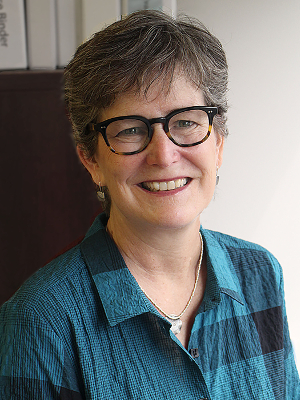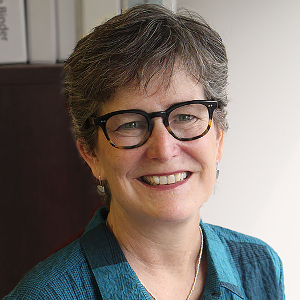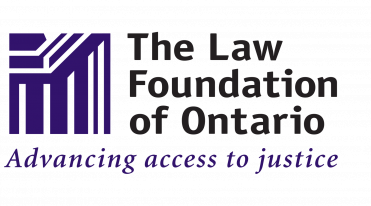
By Julie Mathews, Community Leadership in Justice Fellowship recipient (2018-2019) and Executive Director, CLEO (Community Legal Education Ontario/Éducation juridique communautaire Ontario)
Exploring “community justice help”
I was fortunate to receive a Community Leadership in Justice Fellowship from The Law Foundation of Ontario in 2018. The award enabled me to remove myself from the day-to-day responsibilities of my job at CLEO to explore a topic that had interested me for many years: the role of community workers in helping people with their law-related problems.
Working with David Wiseman, law professor at the University of Ottawa, Faculty of Law (Common Law Section), and supported by uOttawa law students, my fellowship enabled us to produce a report, Community Justice Help: Advancing Community-Based Access to Justice, that outlines the importance of not-for-profit community-based organizations in providing meaningful access to justice to people who turn to them for help and to suggest a framework for how that work can be supported and enabled. The report builds on the earlier Trusted Help report commissioned by the Foundation.
Some reflections on the journey
David and I intended to focus our research on the ‘dividing line’ between legal information and legal advice. We proposed exploring whether the line should be clarified, and perhaps nudged, in the interests of advancing meaningful access to justice.
This was our starting point, but our research ended up going in a very different direction. Our thinking and our framework emerged from a great deal of reading, discussion, writing, and conversations with a range of people – a perfect mix for a fellowship.
When I started the fellowship, I hoped both to enjoy and learn from the new environment in which I would be working. I had not previously had the opportunity to interact in an academic environment (other than as a young student – a very different experience) and I soaked up the energy that was abundant in the intellectually curious world of uOttawa Law.
I also appreciated the gift of time that the fellowship offered – to read where my interests took me. And I was energized and inspired by the many conversations I had with leaders and thinkers working in many settings in the community justice help space. I cannot imagine a more enjoyable way to spend a day than learning about how a refugee support program operates on the ground or to hear how violence against women advocates support their communities day-to-day.
The concrete product of the fellowship – David’s and my co-authored Community Justice Help report – has generated a great deal of interest. David and I have presented on it in numerous forums, and continue to do so: it is, we believe, a live issue and has momentum. Following on our initial research, David and I have been conducting a soon-to-be completed broader literature review on the same topic for the Department of Justice Canada. Community justice help will be one of the main topics at the national Action Committee on Civil and Family Justice symposium in May 2021 and I will be presenting on it at a Canadian Institute for the Administration of Justice conference.
Of course, the fellowship year was not without its challenges. A couple of emergencies on the CLEO front diverted me for chunks of time and more than once I had to re-focus as the research scope expanded into interesting directions. Yet, encountering and being lured by those intriguing paths signaled to me that the fellowship hit its mark. It sparked curiosity and opened many new doors, and gave me the time and space to enter.


